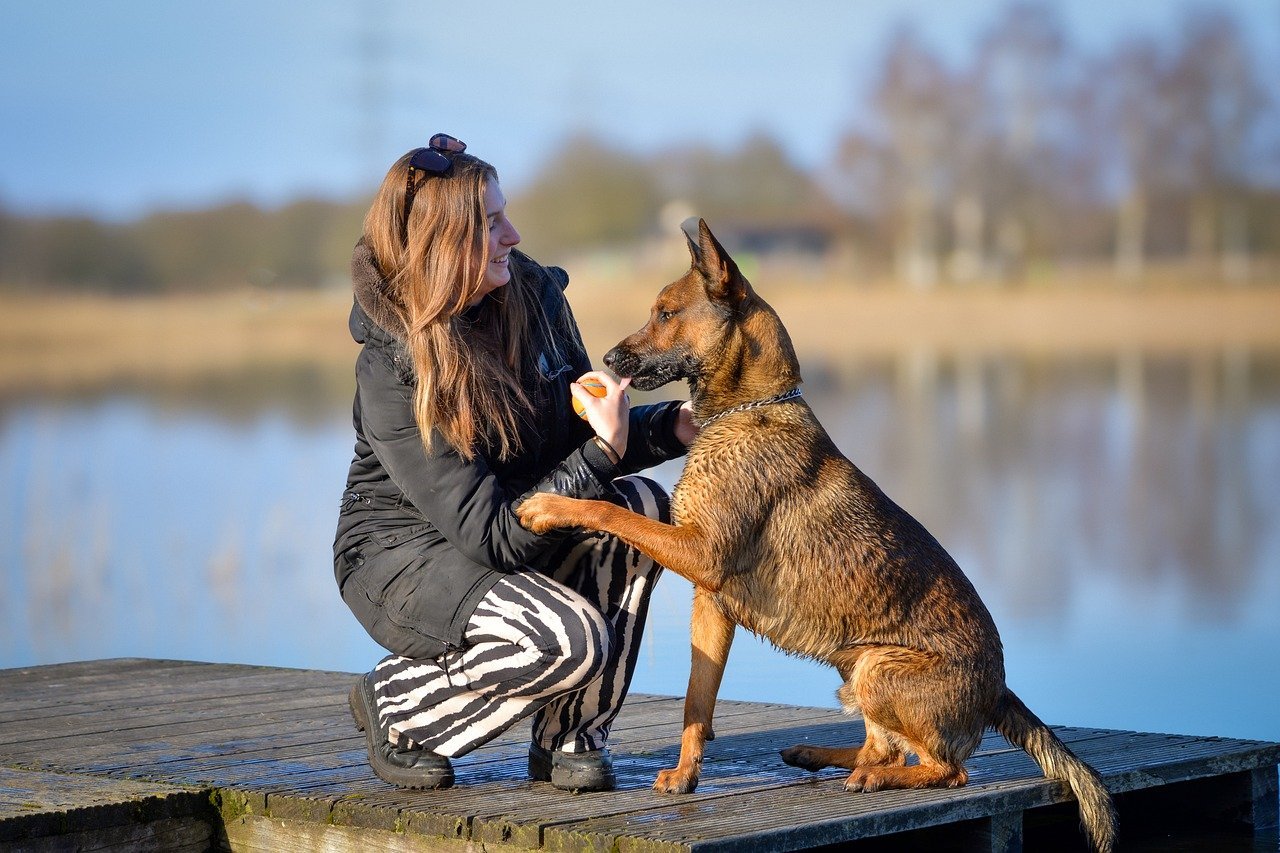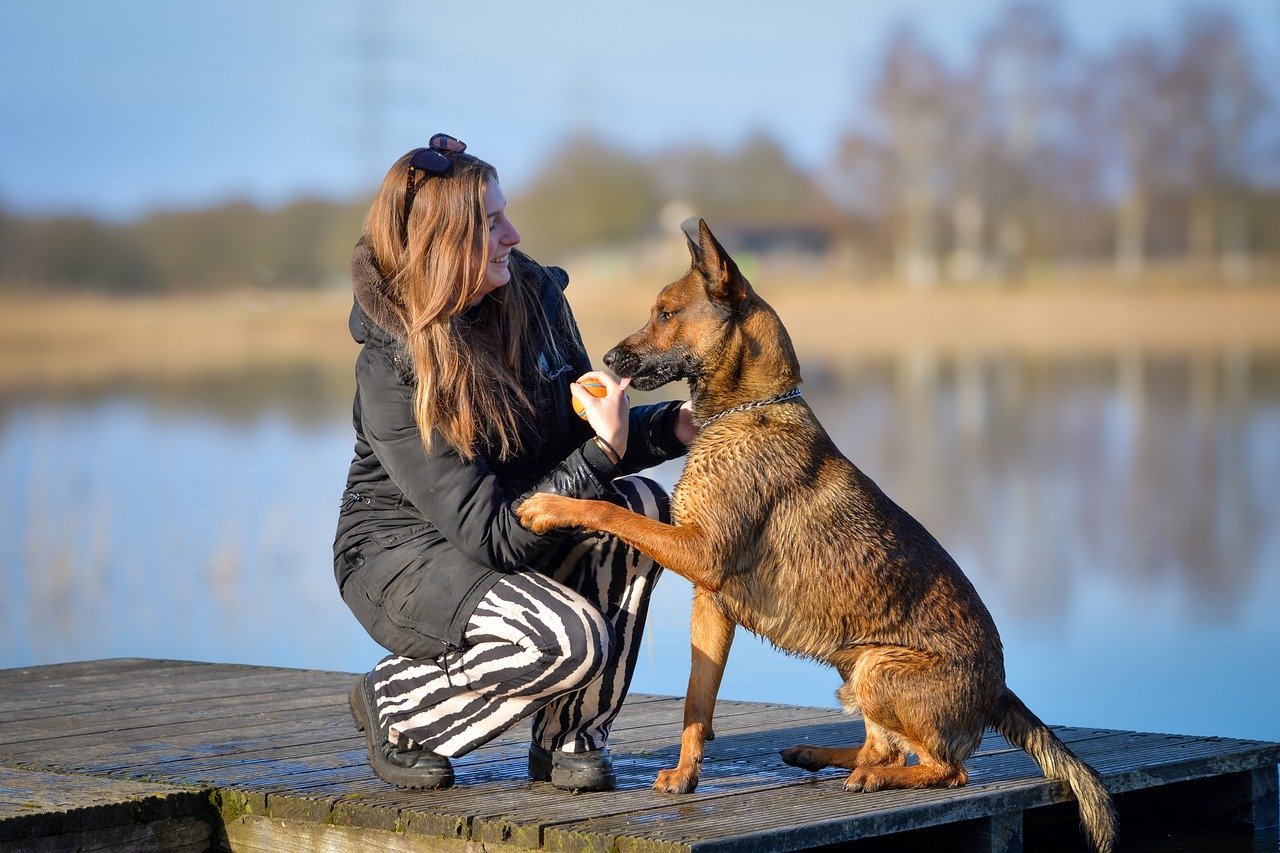Have you ever noticed your dog acting nervous when you’re having a rough day? Picture this: you’re pacing the room, heart racing, and suddenly your furry companion is right there with you, tail down and eyes wide. It’s not just a coincidence. The bond between humans and dogs runs deeper than most people realize—so deep, in fact, that your feelings might be “catching.” But can your anxiety really affect your dog? Let’s uncover the surprising truth behind this emotional connection and what it means for you and your four-legged friend.
The Powerful Human-Dog Bond
Dogs have been our loyal companions for thousands of years. Over time, they’ve learned not just to read our commands, but our emotions as well. When you smile, your dog wags its tail. When you’re sad, your dog might nuzzle closer. This intuitive connection isn’t just adorable—it’s rooted in biology. Dogs are experts at picking up tiny cues: the tone of your voice, your facial expressions, and even your body language. Their loyalty goes beyond fetching sticks; they feel with us, almost like emotional mirrors. For dog lovers, this connection often feels magical, but it’s very real and incredibly powerful.
Understanding Canine Empathy

Empathy isn’t only a human trait. Many scientific studies now show that dogs can “catch” our moods, especially when it comes to stress and anxiety. If you’re anxious, your dog might begin to show signs of distress, even without any direct trigger. Think about how your dog reacts during thunderstorms or when you argue at home—they often become restless, hide, or whimper. This isn’t just fear of noise or voices; it’s empathy in action. Dogs want to comfort us, but sometimes, they absorb our tension instead. It’s almost as if they are emotional sponges, soaking up what we feel.
How Dogs Sense Your Anxiety

Dogs have superpowers when it comes to sensing our emotions. Their keen sense of smell enables them to detect changes in our body chemistry, like the scent of stress hormones. Alongside this, they watch our every move—how fast we walk, our breathing, the way we speak. If you’re jittery or on edge, your dog will notice. It’s not just about loud noises or sudden movements; even subtle changes in your routine or energy can set your dog on high alert. Imagine your dog as a sensitive antenna, always tuned to your emotional frequency.
Signs Your Dog Is Feeling Your Stress

Recognizing when your dog is picking up on your anxiety isn’t always straightforward. Some common signs include restlessness, pacing, whining, or excessive licking. Your dog might also hide, avoid eye contact, or suddenly become clingier than usual. Sometimes, anxious dogs develop destructive behaviors, like chewing furniture or barking excessively. If you notice any of these changes when you’re feeling stressed, it’s worth considering the connection. Dogs don’t always “talk” in ways we expect, but their behavior often tells a heartfelt story.
Scientific Evidence: What The Research Says

Recent studies have confirmed what many dog owners have suspected for years. For example, research from 2019 showed that dogs living with owners who have high levels of stress or anxiety often have elevated stress hormones themselves. These findings suggest that a dog’s emotional state can mirror their owner’s in both behavior and biology. In another study, dogs were able to pick out recordings of their owner’s voice when they were stressed versus relaxed. The dogs consistently responded with concern or agitation when hearing the stressed versions, proving that our emotions don’t go unnoticed.
Tips To Protect Your Dog From Your Anxiety

If you’re worried about passing your anxiety onto your dog, there are practical steps you can take. First, practice calming techniques for yourself, such as deep breathing or mindfulness, especially around your dog. Creating a peaceful home environment with gentle music or quiet routines can also help. Regular walks and playtime provide healthy distractions for both you and your dog. If you notice signs of stress in your pet, try to spend a few moments just cuddling or speaking softly to them. Remember, if your anxiety is persistent, seeking support for yourself can benefit both you and your furry friend.
Strengthening The Human-Canine Relationship
Building a strong, trusting bond with your dog can act as a buffer against stress. Positive training methods, consistent routines, and affectionate interactions all help your dog feel secure, even during tough times. Engaging in activities you both enjoy—like hiking, playing fetch, or simply relaxing together—strengthens your connection. When your dog feels safe and loved, they are better equipped to handle occasional stress, whether it comes from your emotions or the world around them. Your relationship is a two-way street, filled with support and understanding.
When To Seek Help For Your Dog

Sometimes, anxiety in dogs can become overwhelming, especially if it’s ongoing or severe. If you notice changes in appetite, persistent destructive behavior, or signs of depression in your pet, it might be time to reach out to a veterinarian or a certified animal behaviorist. These professionals can help identify the root causes and suggest tailored strategies to ease your dog’s anxiety. Remember, your dog’s well-being is deeply connected to your own, and seeking help reflects the love and care you have for your loyal companion.

Born and bred in South Africa, a Capetonian at heart. Amy-Leigh’s love for nature and animals was inherited from her Dad. He loves taking the family on road trips to experience nature at its finest; Amy-Leigh’s favourite being whale watching in Hermanus and spotting Kudu along the West Coast. Amy-Leigh holds a BA in English Literature and Communication Studies.






